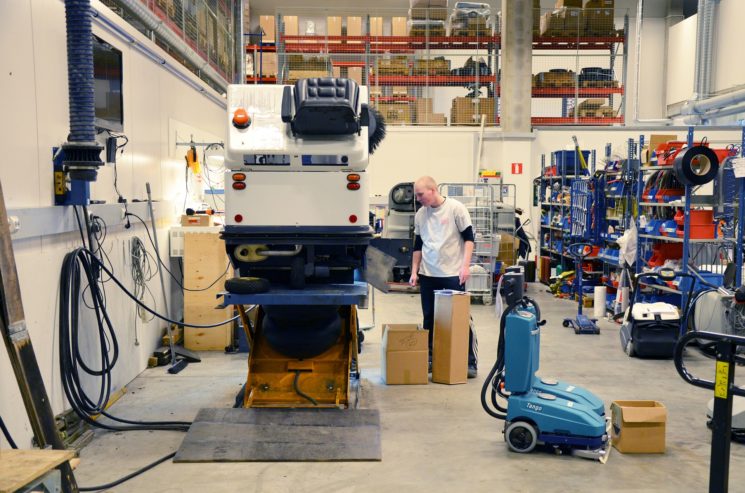
The performance of a company is not only determined by the means of production at its disposal. It is also defined by the intangible capital it has built up, as well as by its ability to preserve, optimize and transmit it. The promotion of operational know-how is one of the major challenges facing the industry, whatever the sector and type of activity.
Preserve and optimize know-how
In industry, human capital and know-how are two fundamental elements. It is not enough to invest in the most efficient machines and the most advanced software to hope to consolidate its performance. Without know-how and knowledge, all these means, however sophisticated, are ineffective.
The knowledge implemented within the company comes as much from data specific to operations and procedures (which are the subject of concrete documentation) as from the individual skills of its staff. We generally speak of tangible knowledge for the former and intangible or tacit knowledge for the latter.
Both must be protected and optimized using the appropriate means and processes. A company’s important data is exposed to many dangers, such as the risk of destruction, loss or theft. Their enhancement, therefore, depends first and foremost on their preservation and security, in particular through the new tools offered by the evolution of digital technology.
Preserving operational know-how also means knowing how to keep your employees by making them feel involved in the company’s project. Brain drain is often encouraged by a lack of motivation among staff, as well as a feeling of not understanding the usefulness of their mission. Pedagogy and communication are therefore essential factors in maintaining the company’s intangible capital.
Nor can we expect an employee to perform well when he or she feels that he or she is “stagnating”. Training (internal or external) is the key to enabling them to develop their knowledge and feel valued.
The organisation and dissemination of the components of operational know-how requires the deployment of methods and tools to identify and capitalize on them. This is a crucial approach, related to knowledge management.
Ensure the transmission of this know-how
The company must therefore be able to create and preserve its knowledge, but again, this is not enough to ensure real development and competitiveness. Know-how is lost if it is not properly transmitted by the employees who hold it to those who do not yet have it. The first, more experienced, are called upon to pass the torch on to the new generations of operators and managers, who need the professional knowledge of their elders to carry out their tasks and improve their performance.
The transmission of knowledge is also one of the fundamental principles of Knowledge Management.
The challenge here therefore lies in the ability to organize this transfer of know-how by, for example, setting up heterogeneous teams composed of former employees and newly recruited skills. This type of structure is beneficial to all parties; the more experienced ones teach the youngest ones the tricks of the trade, while the latter communicate to them their greater ease with the new digital tools, as well as their dynamism.
About Picomto
Picomto is a web and mobile software solution to create, manage, share and analyze digital work instructions either for training or to preserve your knowledge




Leave A Comment